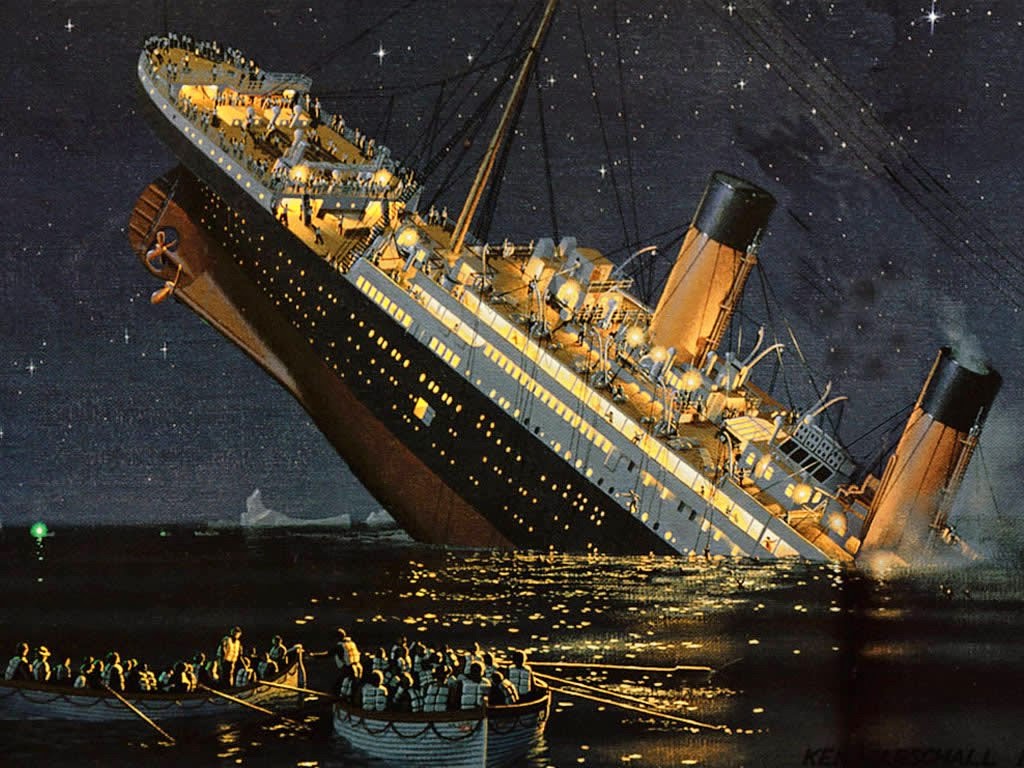Electricity.
From The Telegraph, February 25:
The UK is much closer to blackouts than anyone dares to admit
It won’t take an enemy power to overwhelm the National Grid
Of all the problems with electric cars, perhaps the least expected was the revelation that some home charging points provide a potential point of weakness for malign foreign powers to interfere with our National Grid. Last week, the Office for Product Safety and Standards ordered the company Wallbox to stop selling its Copper SB chargers because hackers could potentially access the chargers and incapacitate the grid by such means as suddenly turning on thousands of chargers full-pelt at the same time.
But do we really need a foreign power to crash our electricity grid when we are quite capable of inflicting it on ourselves? We are heading for a big electricity crunch as it is. Whoever wins the general election, the next government will be committed to decarbonising the National Grid – by 2035 in the case of the Conservatives and by 2030 in the case of Labour. That means either closing all the gas power stations or fitting them with carbon capture and storage technology – which does not yet exist on scale in Britain and whose costs are likely to be massive. At the same time every single one of our existing nuclear power stations is currently due to reach the end of its life by 2035. If Hinkley C is delayed much beyond its latest estimated completion, we could end up with no nuclear at all.
That could leave us trying to power the country pretty much with intermittent wind and solar energy alone – and this at a time when politicians want millions more of us to be driving electric cars and heating our homes with heat pumps, thus substantially increasing demand. How will we keep the lights on? One struggles to find satisfactory explanation from the National Grid ESO, which is trusted with this task....
....MUCH MORE
I may get to repurpose the old joke one more time:
California's grid is so unreliable that the joke for the last few years has been:

"At least when the Titanic went down the lights were on."